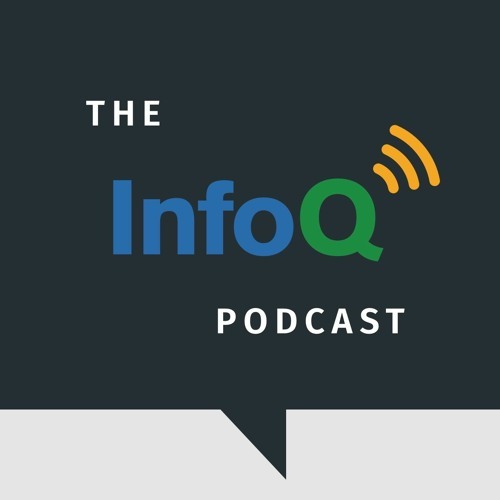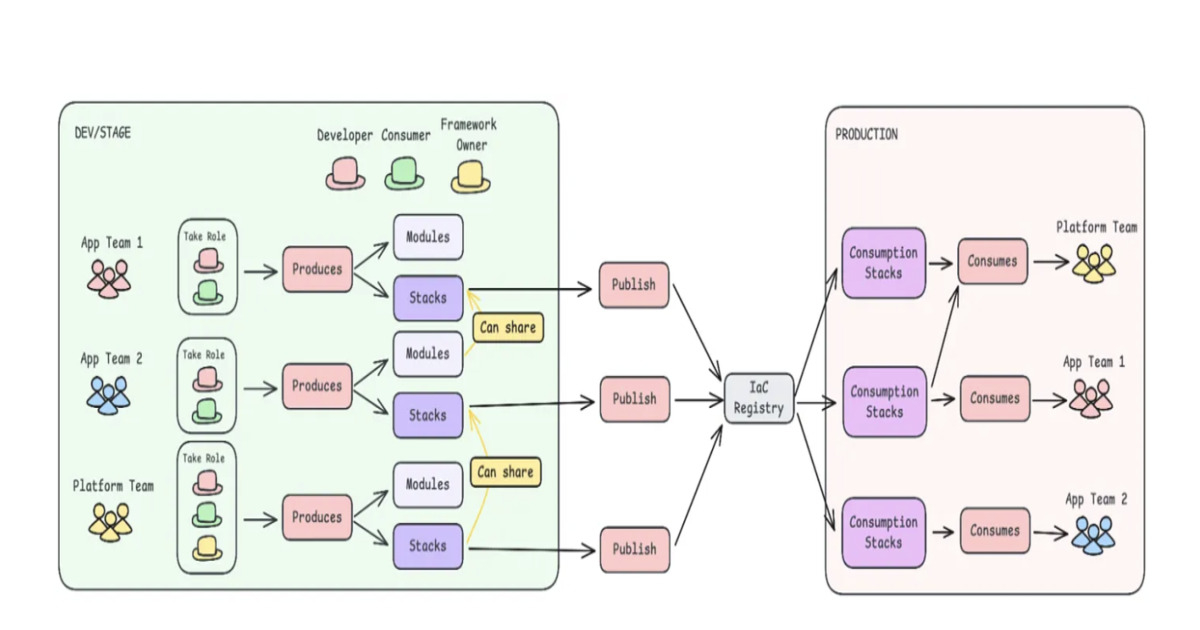Codetown
Codetown ::: a software developer's community
Google Maps in Depth: Geocoding and Rendering
Event Details

Time: October 27, 2010 from 6pm to 8:30pm
Location: Community Foundation of Sarasota
Street: 2635 Fruitville Rd
City/Town: Sarasota
Website or Map: http://maps.google.com/maps?o…
Event Type: meeting
Organized By: David Moskowitz
Latest Activity: Oct 26, 2010
Event Description
Our June 2010 presentation used Google maps as a sample platform to discuss jQuery and Ajax. Our presentation at the Sunjug this month will examine the Google Maps API in further detail.
Steve Goldsmith will describe how to use the Google Geoding API to determine latitude and longitude given a street address. Such a technique is needed in order to create maps given only address data. Steve will also discuss how to cleanse and manage such data.
The presentation will also demonstrate how to render markers based on JSON using the geocoded data. Velocity templates will be used to generate multiple types of output using the same data. This will include custom markers and marker clusters for larger datasets.
Steve Goldsmith is Sr. Software Architect at WAZAGUA in Bradenton Fl and is a frequent presenter at the Sunjug.
Food and refreshments will be provided by Wazagua.
The event will be hosted by Community Foundation of Sarasota, located at 2635 Fruitville Rd, Sarasota, FL 34237, which is west of exit 210 off I75.
Meeting Schedule:
* 6-6:45 PM: Networking
* 6:45 - 8:30 PM: Presentation
All Are welcome
Notes
Welcome to Codetown!
 Codetown is a social network. It's got blogs, forums, groups, personal pages and more! You might think of Codetown as a funky camper van with lots of compartments for your stuff and a great multimedia system, too! Best of all, Codetown has room for all of your friends.
Codetown is a social network. It's got blogs, forums, groups, personal pages and more! You might think of Codetown as a funky camper van with lots of compartments for your stuff and a great multimedia system, too! Best of all, Codetown has room for all of your friends.
Created by Michael Levin Dec 18, 2008 at 6:56pm. Last updated by Michael Levin May 4, 2018.
Looking for Jobs or Staff?
Check out the Codetown Jobs group.
InfoQ Reading List
Presentation: What I Wish I Knew When I Started with Green IT

Ludi Akue discusses how the tech sector’s rising emissions impact our global climate goals. Drawing from her experience as a CTO, she explains seven key lessons for implementing Green IT. She shares insights on LCA assessments, the paradox of microservices, and why FinOps doesn’t always equal green.
By Ludi AkueVue Router 5: File-Based Routing Into Core with No Breaking Changes

Vue Router 5.0 has integrated unplugin-vue-router into its core, enhancing file-based routing and TypeScript support. This transition release boasts no breaking changes, simplifies dependencies, and introduces experimental features like data loaders and improved editor tooling. Ideal for Vue.js developers, it positions itself as a bridge to the upcoming ESM-only version 6.
By Daniel CurtisPodcast: [Video Podcast] AI Autonomy Is Redefining Architecture: Boundaries Now Matter Most

This conversation explores why generative AI is not just another automation layer but a shift into autonomy. The key idea is that we cannot retrofit AI into old procedural workflows and expect it to behave. Once autonomy is introduced, systems will drift, show emergent behaviour, and act in ways we did not explicitly script.
By Jesper LowgrenGoogle Launches Automated Review Feature in Gemini CLI Conductor

Google has enhanced its Gemini CLI extension, Conductor, by adding support for automated reviews. The company says this update allows Conductor "to go beyond just planning and execution into validation", enabling it to check AI-generated code for quality and adherence to guidelines, strengthening confidence, safety, and control in AI-assisted development workflows.
By Sergio De SimoneFrom Central Control to Team Autonomy: Rethinking Infrastructure Delivery

Adidas engineers describe shifting from a centralized Infrastructure-as-Code model to a decentralized one. Five teams autonomously deployed over 81 new infrastructure stacks in two months, using layered IaC modules, automated pipelines, and shared frameworks. The redesign illustrates how to scale infrastructure delivery while maintaining governance at scale.
By Leela Kumili
© 2026 Created by Michael Levin.
Powered by
![]()
RSVP for Google Maps in Depth: Geocoding and Rendering to add comments!
Join Codetown